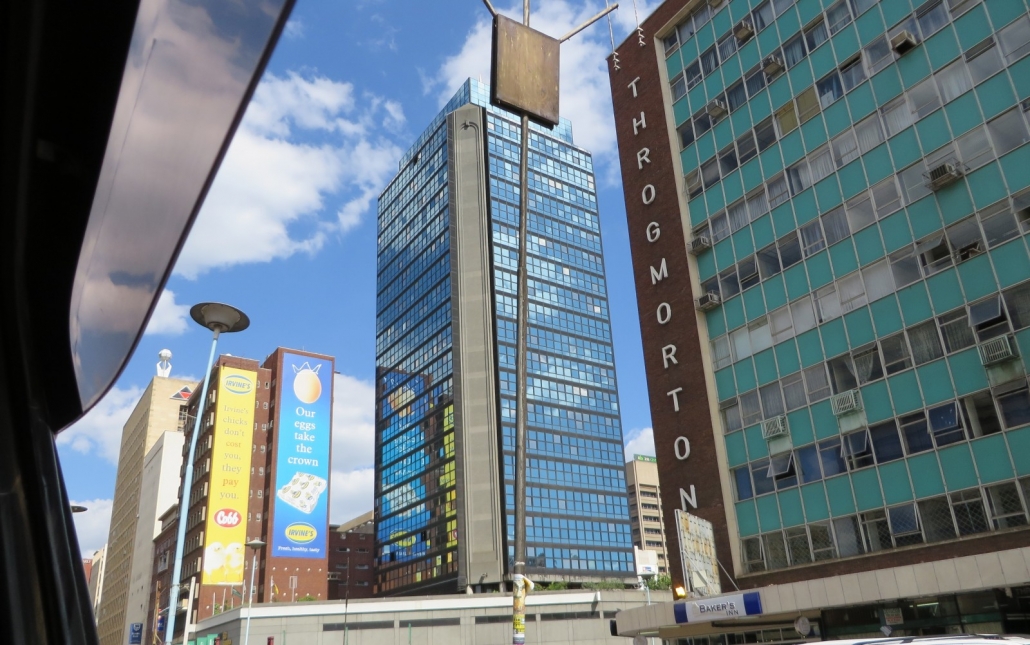
Harare, Zimbabwe. Photo courtesy of Wikimedia Commons.
Half of residents in Zimbabwe’s capital are without municipal drinking water as drought and inadequate infrastructure parch the city of some 4.5 million people.
Two of Harare’s four main reservoirs are dry, and the next rainy season won’t arrive until October. Mayor Herbert Gomba believes the city is producing about 450 million liters of water a day, meeting less than half of demand. Other officials say the daily supply has dipped as low as 100 million liters.
The Southern African Development Community, a regional economic forum, issued a drought warning for Zimbabwe last year, and the situation has since worsened. Millions of underserved residents now rely on water from open wells, streams, boreholes, and private suppliers. Some report queueing for more than 12 hours at communal sources.
“It is causing us serious problems,” Eneres Kaitano, a resident of southern Harare, told The New York Times. “We have to stop ourselves from going to the toilet.”
In addition to a lack of rain, outdated infrastructure also jeopardizes the city’s water availability. The water system was intended to serve only 350,000 people, and has gone 25 years without an upgrade. An estimated 45 to 60 percent of the city’s water is lost to leakage and theft, according to Gomba.
Drought is also causing power outages across the country, including in Harare. Sometimes the blackouts last for an entire day, and complicate everything from water supplies to working hours.
The country endured decades of mismanagement under leader Robert Mugabe, who was ousted from power in 2017. Since then, conditions have slowly spiraled out of control. Alongside the perilous water and power outages, Zimbabwe now faces rampant inflation and shortages of fuel and medicine.
Zimbabwe’s government is working to secure a $71 million loan from China that would be used to revamp water infrastructure, but the project timeline is unclear.
Kayla Ritter is a recent graduate of Michigan State University, where she studied International Relations and Teaching English to Speakers of Other Languages. She is currently based in Manton, Michigan. Kayla enjoys running, writing, and traveling. Contact Kayla Ritter




